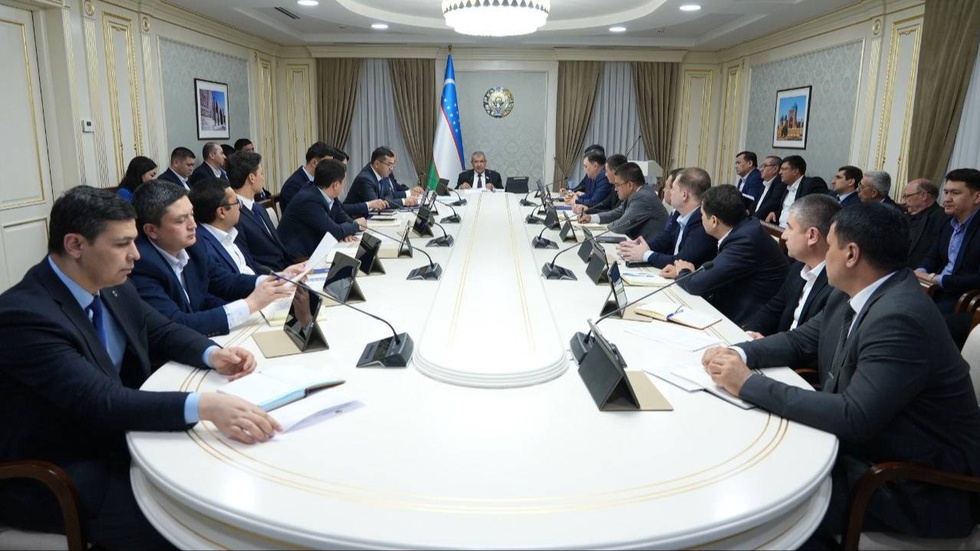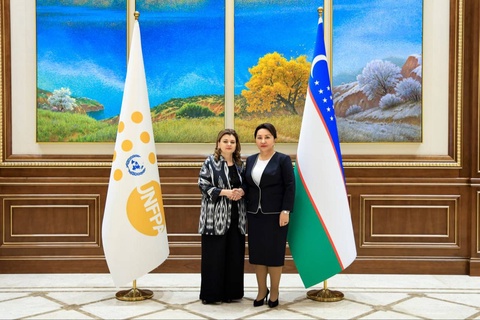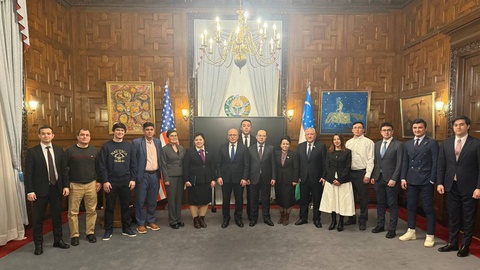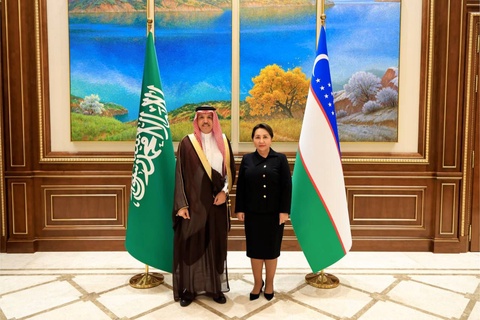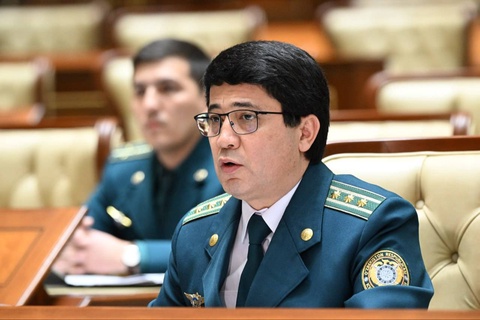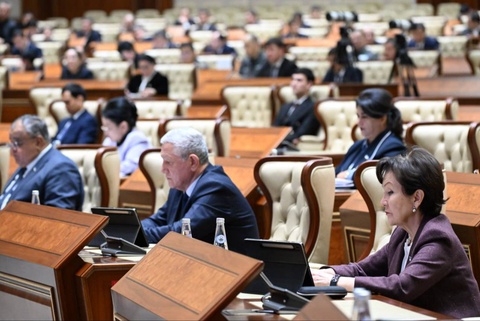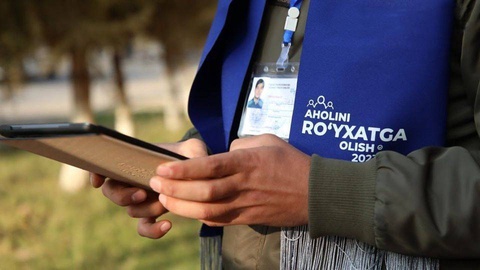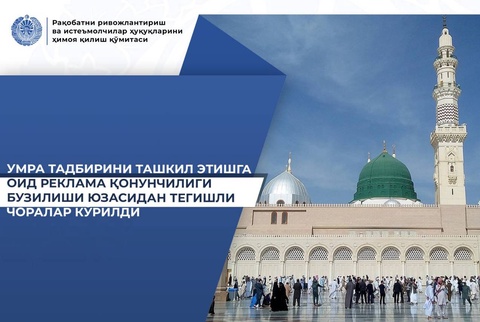It was attended by members of the standing committees of local Councils of People's Deputies on local budget issues, business development and economic reforms, employees of the secretariats of local councils, senior officials of relevant ministries and departments, as well as representatives of the media.
The event provided information on ongoing efforts to increase transparency and competition in the public procurement process. In particular, it was noted that as a result of public procurement in 2024, 14 trillion soums were saved in the republic in the amount of more than 248 trillion soums. It was also noted that the participation of business entities in this area increased by 20%.
It was also emphasized at the seminar that, according to the results of the 5th monitoring conducted within the framework of the Istanbul Anti-Corruption Action Plan, Uzbekistan's public procurement system has risen from the "medium" to the "high" category.
During the seminar, an exchange of views took place on the effective use of budgetary funds, increasing openness in the public procurement process, as well as on existing problems and shortcomings in this area.
During the discussions, the need was emphasized for the Jokargy Kenesem of the Republic of Karakalpakstan and the relevant commissions of local Kengashes to exercise effective deputy control over the execution of funds from the republican and local budgets.
It was noted that some work has been done to reduce the level of the shadow economy. Attention is also paid to some problems and shortcomings in this area. In particular, it was noted that some entrepreneurs, in order to avoid paying taxes, conceal the number of employees employed at the enterprise, set wages below the minimum wage, and try to evade taxes by forming an authorized capital.
At the same time, they discussed the problems that arise with taxpayers in the process of refunding value-added tax, the effective use of budget funds allocated for construction work, and the prevention of paying salaries to construction workers "in envelopes."
Following the results of the seminar, relevant proposals and recommendations were made to strengthen parliamentary control over the effective use of budget funds.


